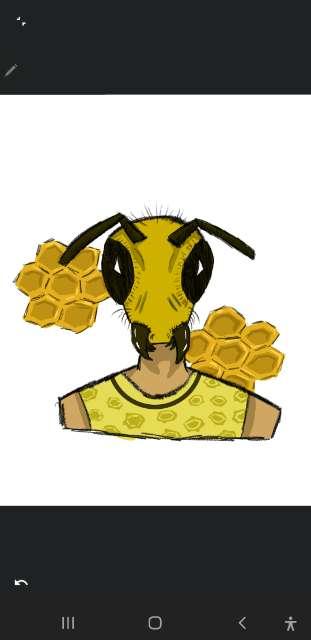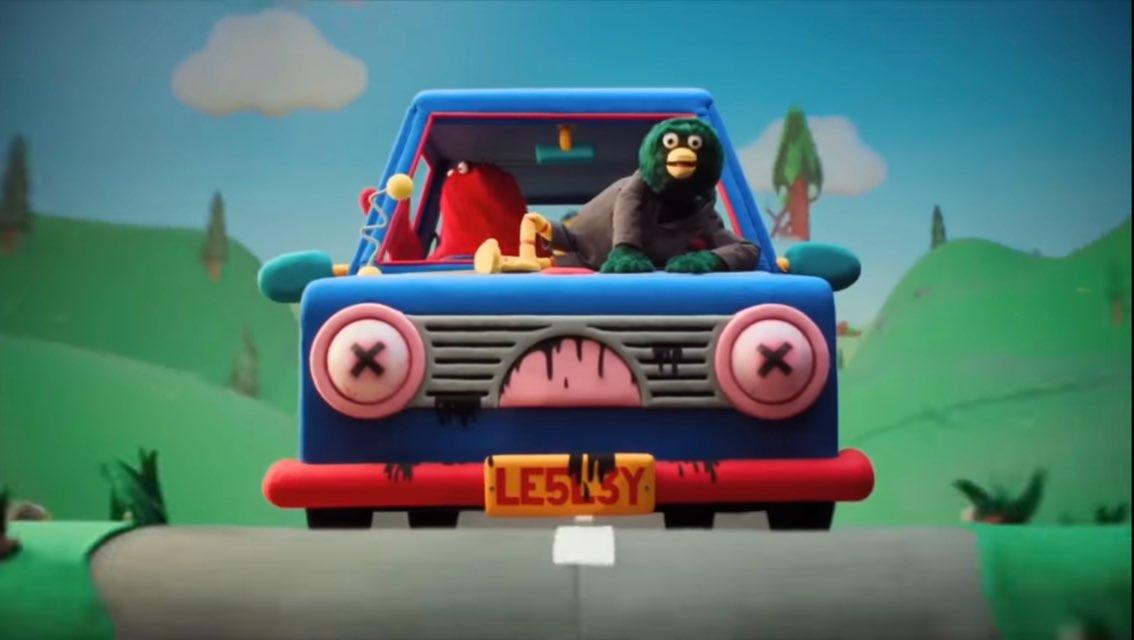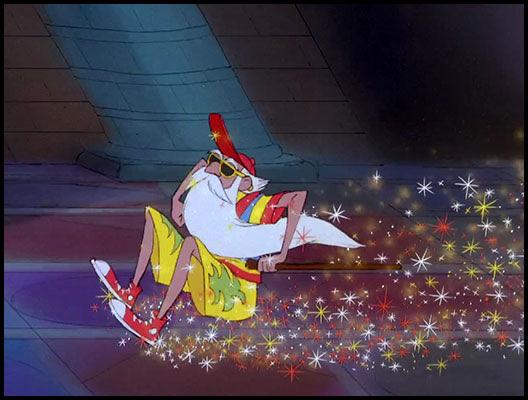Dracula
Books | Juvenile Fiction / Horror
3.8
(1.4K)
Bram Stoker
Since its publication in 1897, Dracula has enthralled generation after generation of readers with the same spellbinding power with which Count Dracula enthralls his victims. Though Bram Stoker did not invent vampires, and in fact based his character’s life-in-death on extensive research in European folklore, his novel elevated the nocturnal creature to iconic stature, spawning a genre of stories and movies that flourishes to this day. But a century of imitations has done nothing to diminish the power of Stoker’s tale. As his chilling, suave monster stalks his prey from a crumbling castle in the Carpathian Mountains of Transylvania to an insane asylum in England to the bedrooms of his swooning female victims, the drama is infused with a more and more exquisite measure of sensuality and suspense.Dracula is a classic of Gothic horror, an undying wellspring of modern mythology, and an irresistible entertainment.
AD
More Details:
Author
Bram Stoker
Pages
96
Publisher
Random House Children's Books
Published Date
2010-12-01
ISBN
0307771598 9780307771599
Community ReviewsSee all
"This book was hard to get through. I enjoyed it overall but the cadence was weird and it was hard to follow. I liked reading the origin of Dracula and liked the characters "
M
Mackenzie
"It's a classic for a reason, the writing is a little dated (obviously) but if you can understand it enough you'll get what's going on, and it's a lot my friends. So many perspectives telling chilling narratives of the same creepy story, it's really fun looking through multiple lenses"
"Reading 'Dracula' for the first time, I was struck by how it has shaped modern vampire lore. Despite the challenges of translating some effects into earlier films, the novel's descriptions, like Dracula crawling down a wall, are chillingly effective. I appreciated the portrayal of Dracula as a true monster, a refreshing deviation from the more sympathetic depictions of vampires in recent media, which often undermine their representation as symbols of lost humanity.
Dracula's character is astutely crafted – intelligent, cunning, and manipulative. The way he ensnares Jonathan Harker and preys silently on his victims exemplifies the predatory nature of a vampire, often missed in contemporary interpretations.
The novel’s narrative style, presented through journal entries and letters, gives it a 'found footage' feel reminiscent of films like 'Paranormal Activity' and 'The Blair Witch Project', which I thoroughly enjoy. Stoker's ability to shift tone and language between characters is testament to his skill as a writer.
However, the novel does betray a classist attitude, with lower-class characters often portrayed with stereotypical accents and mannerisms. In contrast, the upper-class characters are depicted as willfully ignorant, a critique that Stoker seems more intent on making. Dracula’s choice to prey on the wealthy, exploiting their arrogance and skepticism, is a clever plot device.
Dracula’s success in terrorizing London, using societal biases to his advantage, adds a layer of depth to the story. The transition from a vampire-aware Transylvania to an ignorant London provides a perfect hunting ground for Dracula.
Dracula, as a character, has become one of my favorites. He brilliantly exploits the flaws of his victims, making the characters relatable and realistically flawed.
The novel, however, is not without its shortcomings. Its pacing is inconsistent, with the narrative often interrupted by excessive exposition, making parts of the book a slog to get throug"
J R
Joshua Radcliffe
"Honestly wanted see the difference between the original book and the Van Helsing 2004 film I saw as a child. Turns out I’ve been sold a very off version of Van Helsing, he’s actually an aged priest & scientist.
Half the book is mostly about them trying to figure out why a friend is dying and the other half is them trying to figure out where Count Dracula is by speculating and reading each others journal entries.
Very small Dracula confrontations. The final confrontation is very brief and anticlimactic, they fought more with the Gypsies than with the count himself.
Ah, and the only compliments in this book for a woman is that “she brave” and has “man’s brain and woman’s heart”. It’s an old-timy book so I thinks that’s a genuine compliment of back then, still bothered me. "
Similar Books
4.2
3.9
3.8
3.6
4.1
4.3
4.3
3.7
4
3.5
3.6
4
5
3.9








